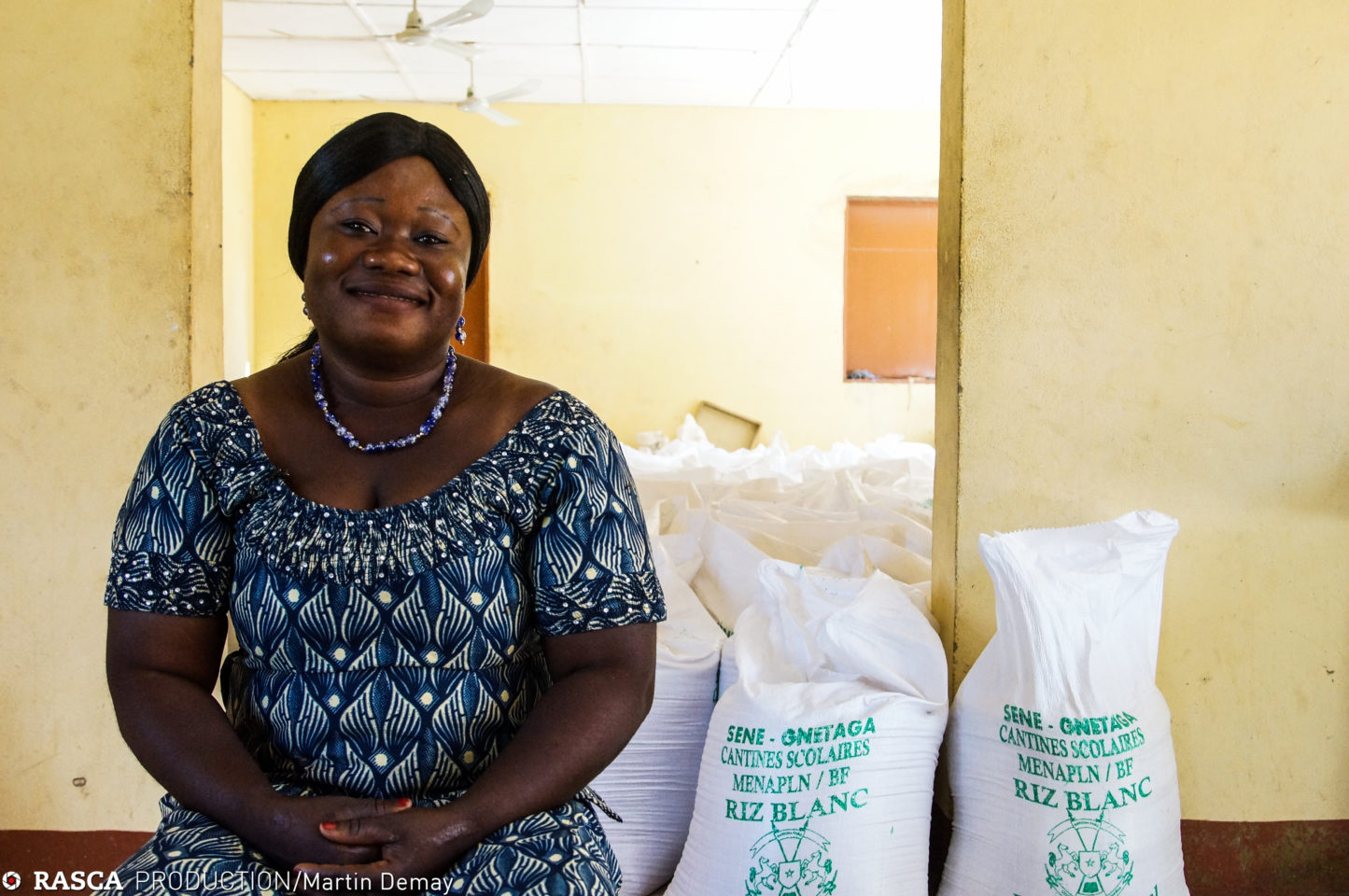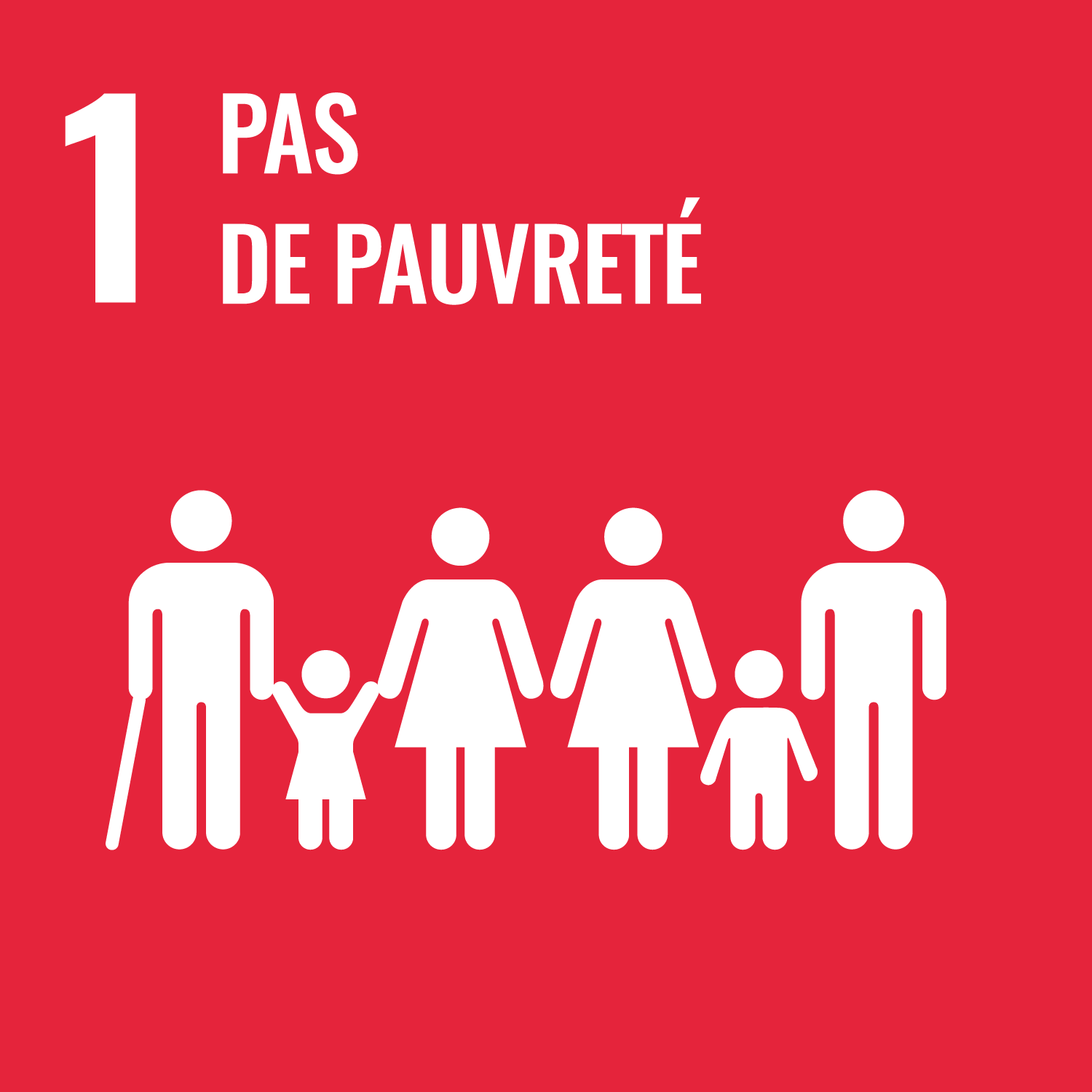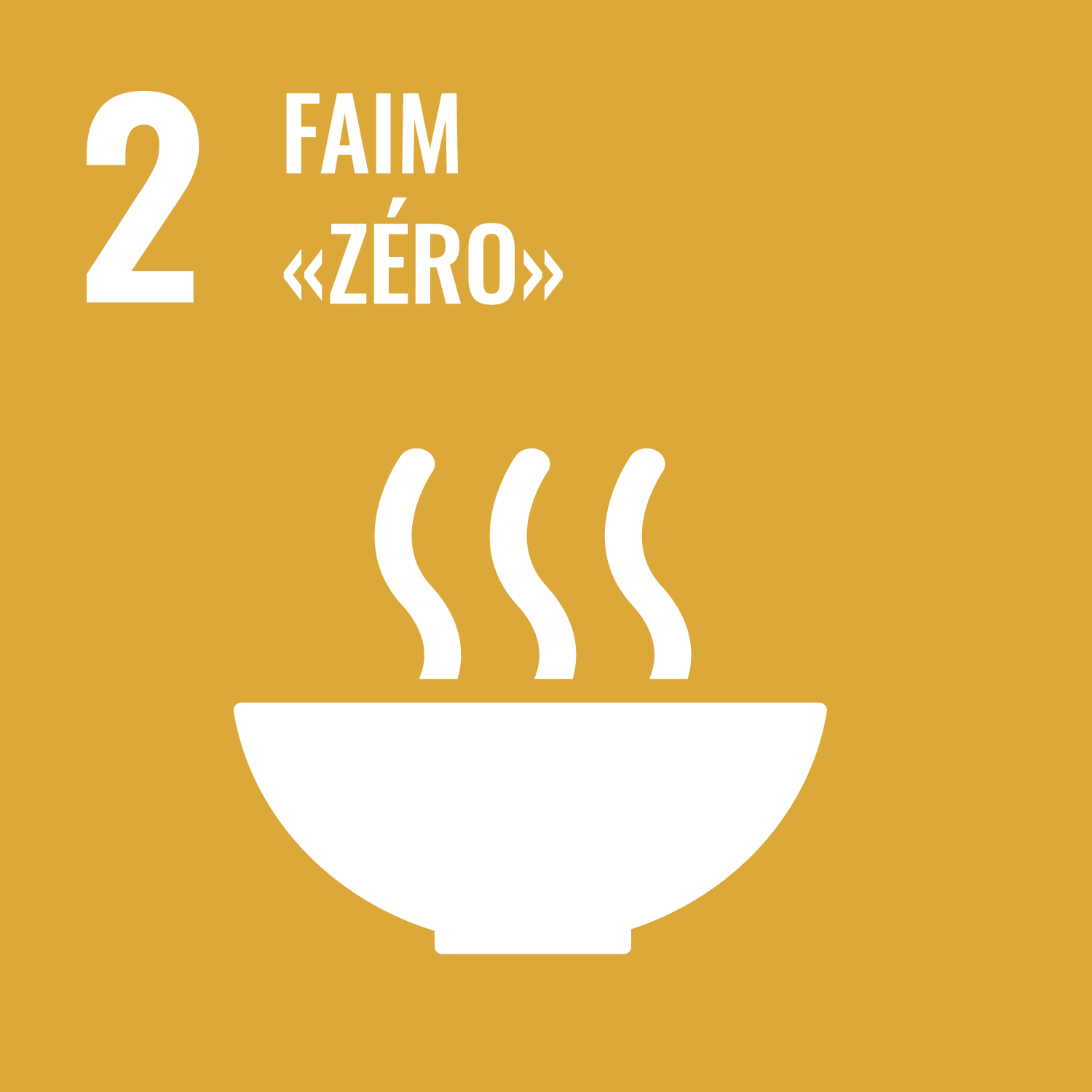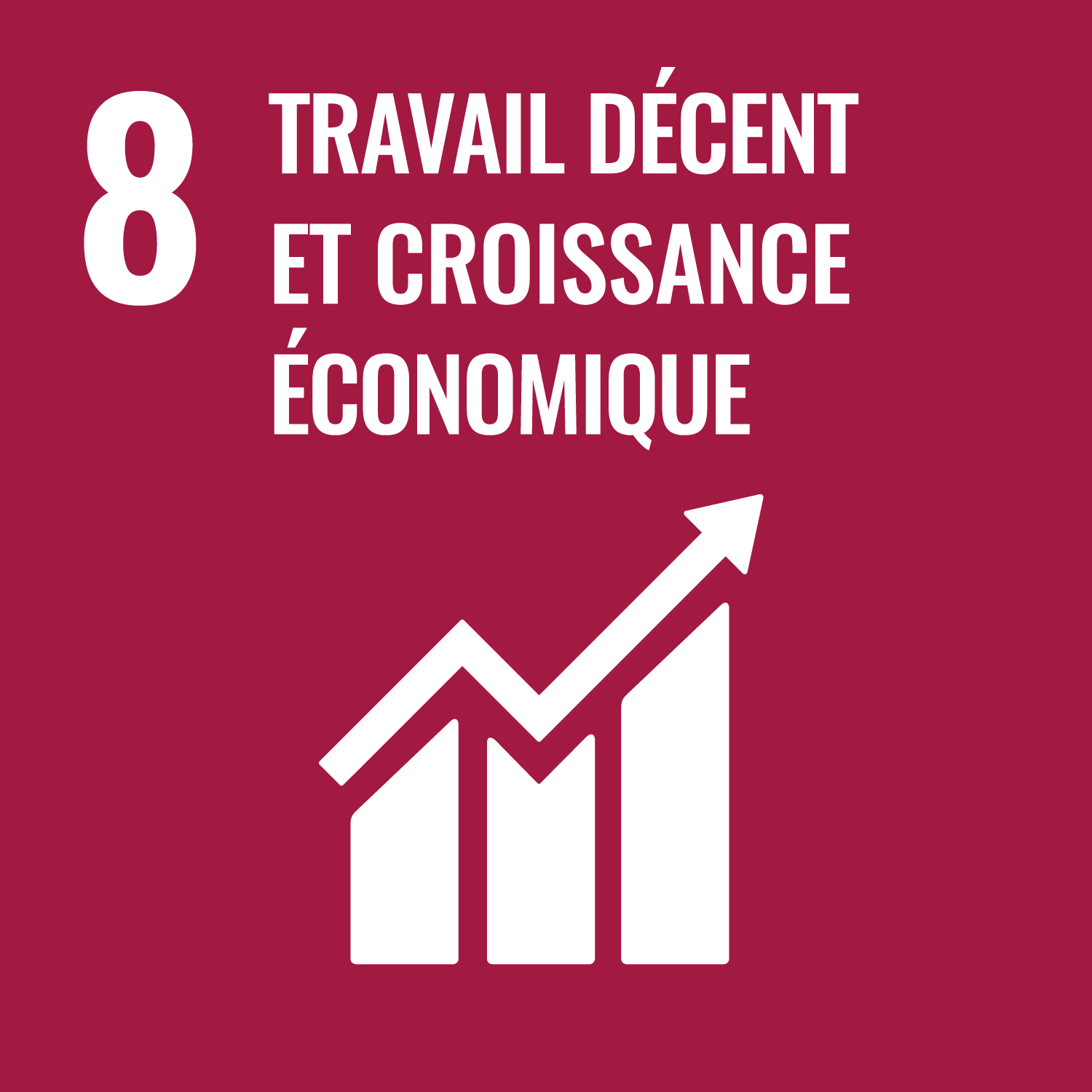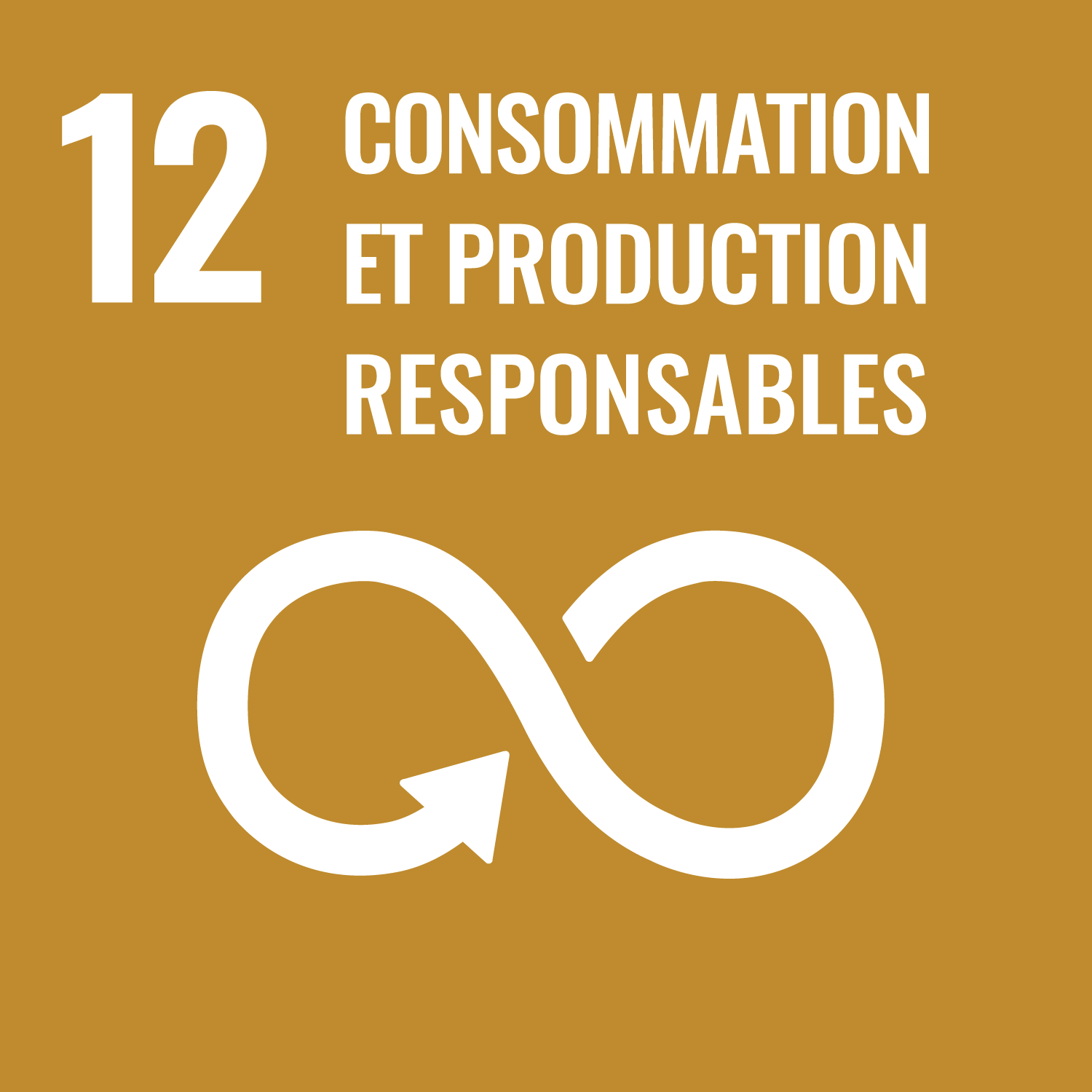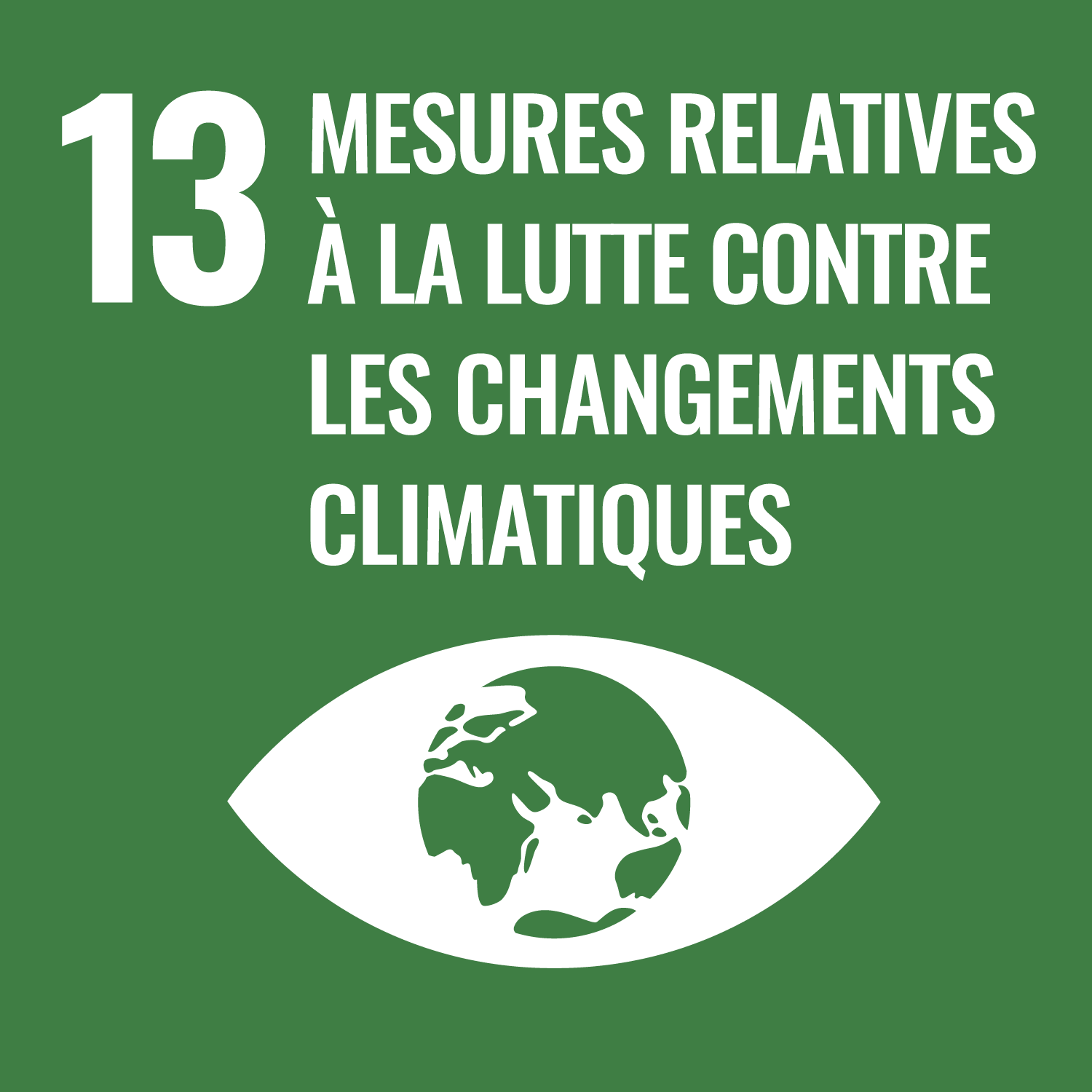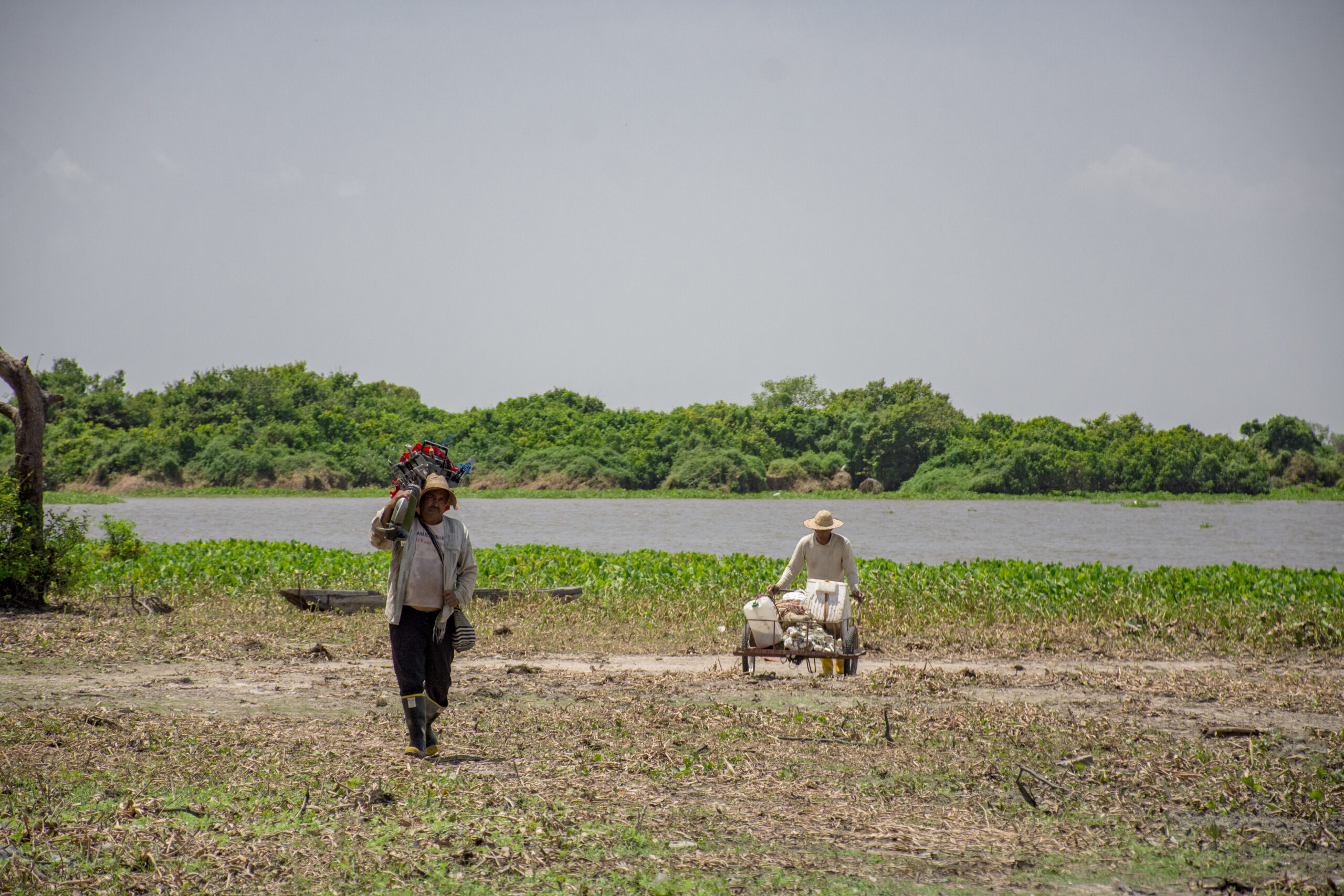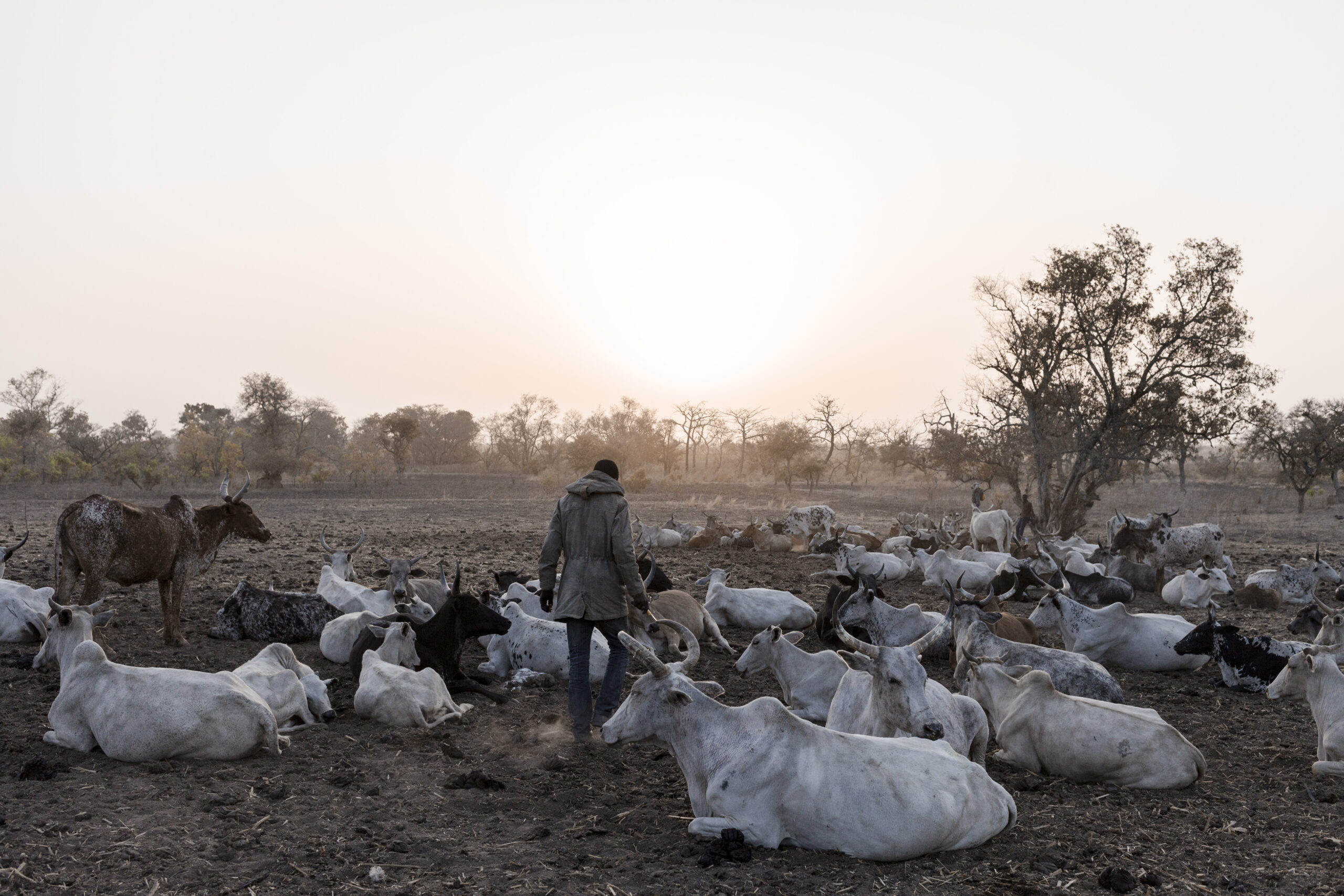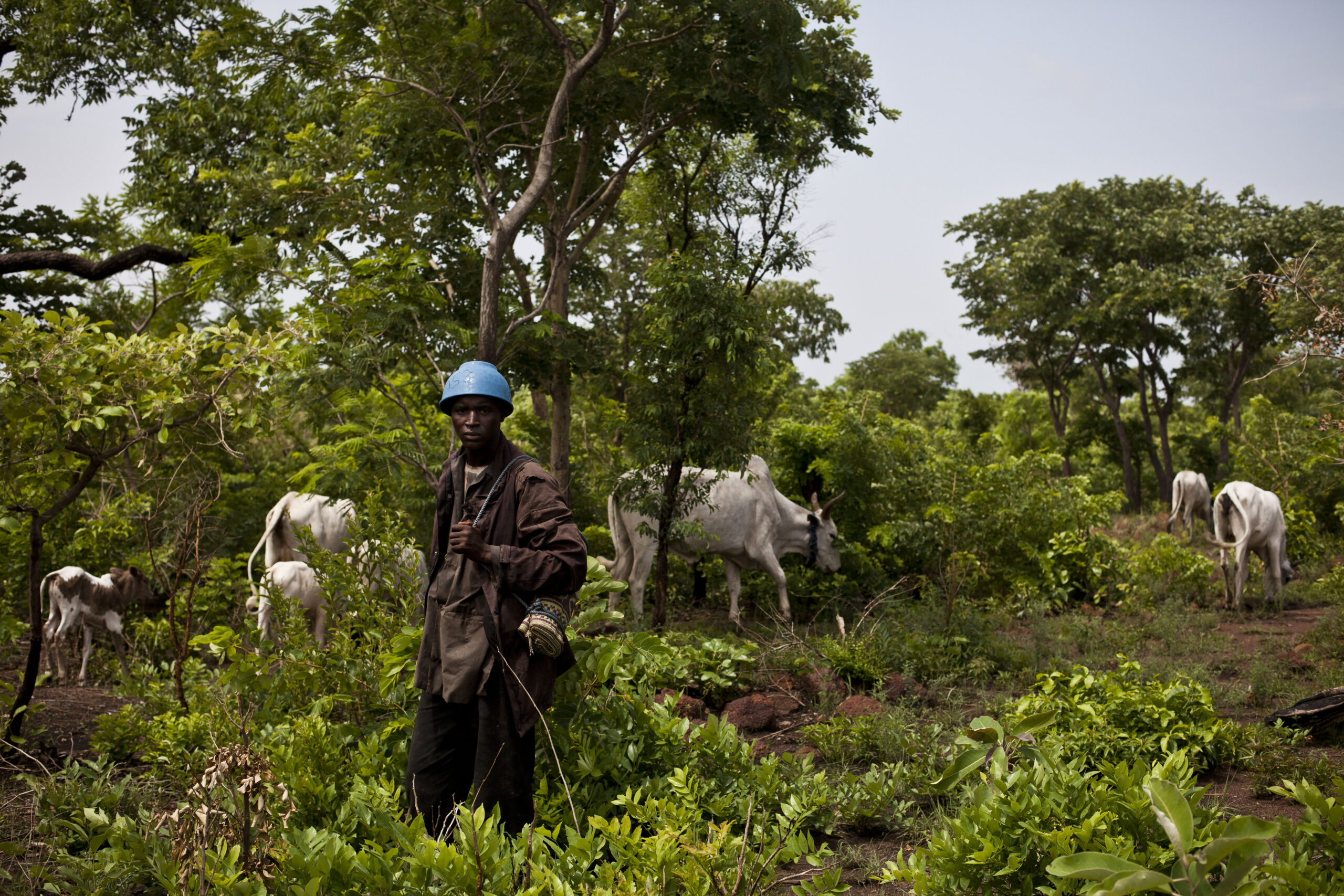670 members, 95% of whom are women from 4 processing units, improve the quality and sale of their products as well as the economic recovery of their businesses, 30 000 made aware.
In Burkina Faso, the first cases of Covid-19 were recorded on 9 March 2020. This health crisis came on top of the problematic security situation experienced by the population and family farmers, plunging them into an even more difficult food and economic situation. The measures taken to contain the pandemic, such as the closure of markets, schools and borders, curfews, etc., have had disastrous consequences on the agricultural sector: difficulties in accessing inputs, lack of manpower, difficulties in selling agricultural products, etc. Even though most of the measures have now been lifted, the impacts are being felt as a result of the slowdown in production activities and the supply of food products to towns and countryside.
The Action
AFL and CPF’s support for this project aims to revive the local economy and facilitate access to food through institutional agricultural markets. To achieve this objective, we will rely on the following two levers :
- Reviving the sale of agricultural products: this involves encouraging the public ordering of local agricultural products by strengthening the sanitary conditions of processing units, facilitating networking, targeting a greater number of institutional buyers, distributing foodstuffs to the most vulnerable and offering incentives to institutional buyers.
- Strengthening the mobilisation of local stakeholders: this involves raising consumer awareness of responsible consumption, continuing to advocate for public procurement, and mobilising stakeholders around a common project in favour of local food systems (to improve the value of products in local supply chains and alternative marketing channels).
The project will make it possible to
- Relaunch the sale of products from family farming and distribution through institutional markets.
- Provide small agricultural processing units with protective equipment against Covid-19 in order to encourage the resumption of activities.
- Provide agricultural product processing units (rice, cereals, cowpeas, sesame) with quality control and hygiene equipment to improve the sorting, conservation and quality of products and thus meet consumer requirements.
- Support processors in negotiating and contracting with institutional buyers in the area by proposing incentives (distribution or subsidies).
- Organise an emergency food aid distribution to the most vulnerable, based on local products from the region’s POs.
- Mobilise the territory’s actors around a common project: economic recovery and food security for greater resilience to the crisis.
- To raise awareness among consumers (young people and women) of the right to food and to consume locally and responsibly.
- Advocate for public procurement with local actors.
Key indicators and impacts
- 670 members, 95% of whom are women from 4 processing units (rice, cereals), will benefit from facilities to improve the quality and sale of their products and the economic recovery of their businesses;
- 30,000 consumers sensitised through radio broadcasts and during meetings and events on the right to food and local consumption;
- 110 young people and women in schools and training centres, as well as in hospitals and detention centres, will be made aware of responsible consumption;
- 215 vulnerable households, i.e. approximately 1505 people (an average of 7 people per household) identified, in close collaboration with local stakeholders (municipalities, social services, etc.) as part of the emergency food aid distribution deployed through the project;
- 6 public and private purchasers met in the framework of the actions to accompany the POs for the purchase of their products;
- 2 municipalities (elected officials, municipal agents, public institutions, producers-processors, restaurant owners, traders-transporters, consumers, etc.) accompanied in the development of territorial food plans.
